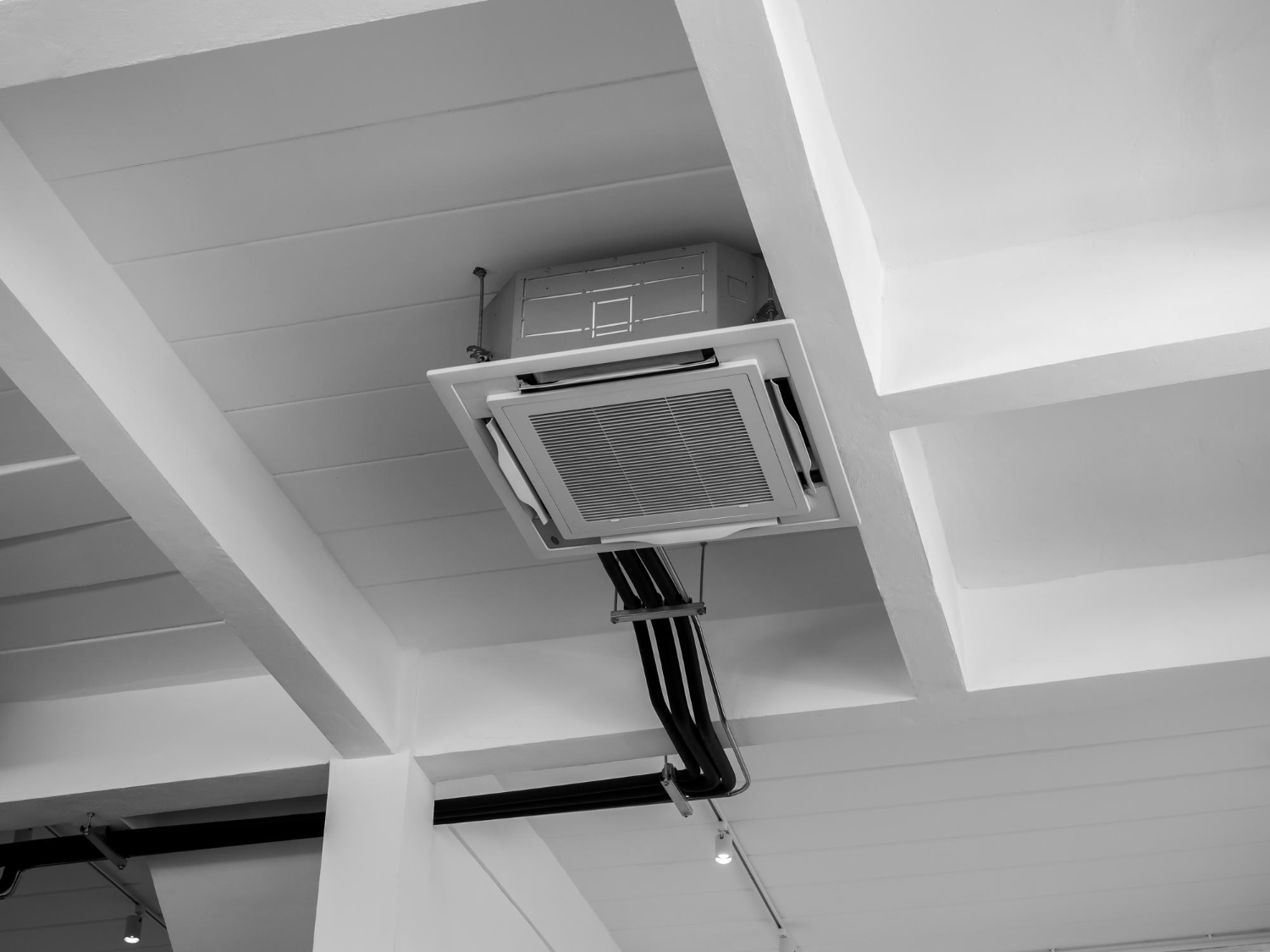A cowboy plumber might offer tempting low prices, but the true cost can be disastrous. These unlicensed workers often lack proper training, insurance, and legal credentials to perform plumbing work safely. Hiring an unlicensed plumber can lead to explosions, fires, water damage, and serious liability issues if they get injured on your property.
Many homeowners make the mistake of trying to save money with unlicensed plumbers. The initial savings seem attractive, but poor-quality work can cause extensive damage that costs thousands to repair. Faulty installations can also void your home insurance coverage, leaving you unprotected.
Professional licensed plumbers have years of training and must pass strict exams to earn their credentials. They carry proper insurance and stand behind their work with guarantees. While their rates may be higher upfront, they protect your safety and your wallet in the long run.
The Risks of Hiring an Unlicensed Plumber
Working with unlicensed plumbers puts your property and finances at serious risk. These workers lack proper credentials, insurance, and professional standards that protect homeowners.
Lack of Accountability
Unlicensed plumbers operate without oversight from state licensing boards or professional organizations, and you’ll often see these workers disappear when problems arise after their work. They typically lack liability insurance and bonding to cover damages, so if they damage your home or cause flooding, you'll be stuck paying for repairs yourself.
Professional licenses require background checks and proof of expertise. Without these checks, you can't verify their skills or work history.
Potential for Incomplete or Substandard Work
Poor workmanship leads to leaks, water damage, and code violations, and unlicensed plumbers may use cheap materials that fail quickly. Many lack proper training in current plumbing codes and safety standards. We've often seen incorrect pipe installations that have caused severe water damage.
Common Issues with Unlicensed Work:
- Improper pipe connections
- Non-code compliant materials
- Incorrect water pressure settings
- Missing permits and inspections
Legal and Financial Implications
Your insurance may deny claims for damage caused by unlicensed plumbing work. Most policies require licensed professionals for covered repairs. Working without permits can result in fines from local authorities, and you may need to remove and redo non-compliant installations.
Furthermore, if the unlicensed plumber gets injured on your property, you could be liable for their medical bills. Licensed plumbers carry worker's compensation insurance for job-site injuries.
Comparing Professional and Cowboy Plumbers
Licensed plumbers follow strict regulations and carry proper insurance to protect both themselves and their customers. Cowboy plumbers often skip these essential requirements, putting homeowners at risk.
Qualifications and Training
Licensed plumbers complete extensive training programs and apprenticeships that typically last 4-6 years. They learn proper techniques, building codes, and safety protocols through hands-on experience. Cowboy plumbers might claim to have experience, but they lack formal education and certification. They often can't show proof of their training or qualifications.
Professional plumbers must pass rigorous exams to earn their licenses. They also take part in ongoing education to stay current with new technologies and regulations.
Adherence to Safety Standards
Professional plumbers follow strict building codes and safety regulations, using proper tools and equipment, plus, they understand how to handle gas lines and water systems safely. Cowboy plumbers might cut corners on safety measures to save time or money. This creates risks for gas leaks, water damage, or electrical hazards.
Importance of Liability Insurance
Professional plumbers carry comprehensive liability insurance to protect against accidents or damage during work. This coverage typically ranges from $500,000 to $2 million. If a cowboy plumber makes a mistake that causes flooding or property damage, homeowners might have to pay for repairs themselves.
Licensed plumbers also carry workers' compensation insurance. This protects homeowners from liability if someone gets hurt on their property during plumbing work. Their insurance policies ensure any accidents or mistakes will be properly covered and fixed without extra cost to the homeowner.
Best Practices for Hiring a Plumber
Proper plumber selection requires careful verification of credentials, detailed work agreements, and clear communication about warranties. These steps protect your investment and ensure quality work.
Verification of Credentials
Always ask to see a valid plumbing license before hiring. A legitimate plumber will gladly show their credentials and proof of insurance. Also, check online reviews and ratings from previous customers, looking for patterns in feedback about quality, reliability, and professionalism.
Additionally, you can contact your local licensing board to verify the plumber's current status and check for any complaints or violations.
Understanding the Scope of Work
Request detailed written estimates from at least three licensed plumbers. Each estimate should list specific materials, labor costs, and completion timeframes. Ask the plumber to inspect the issue in person before providing a quote as this helps prevent surprise costs later. Ensure the plumber explains the repair process simply, outlining potential complications and how they'll handle them.
Securing Clear Agreements and Warranties
Get everything in writing through a detailed contract.
The agreement should include:
- Start and completion dates
- Payment schedule
- Material specifications
- Warranty terms
- Clean-up responsibilities
Keep copies of all permits, warranties, and receipts. Good plumbers provide warranties for both parts and labor. Ask about maintenance plans and follow-up services, too. Many reputable plumbers offer ongoing support for their work.
Get in touch to arrange an inspection of your plumbing system or to book emergency repairs.



































.jpg)
.jpg)

.jpg)
.jpg)



















































